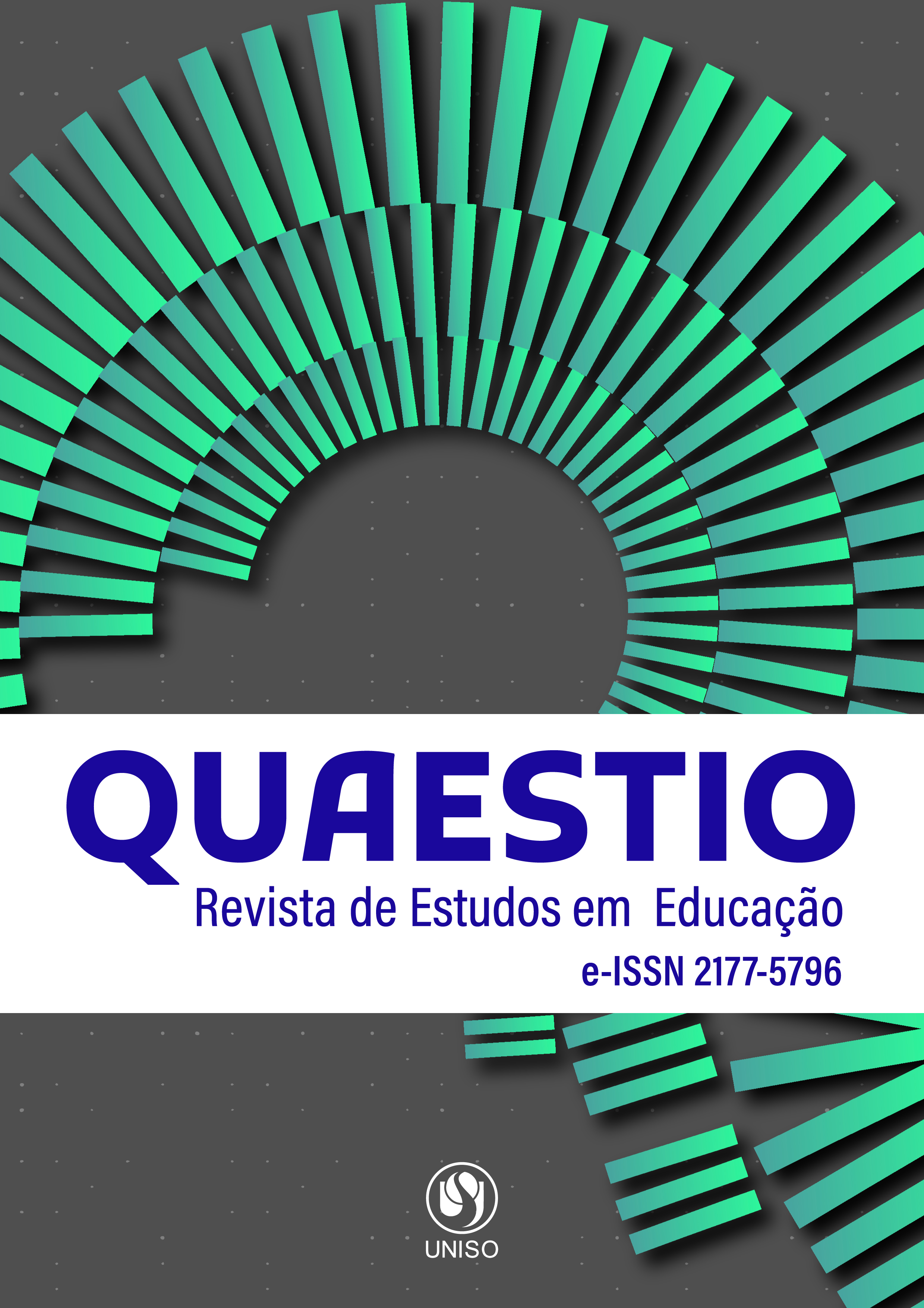Digital information and communication technologies in the process of inclusion of people with disabilities
utopia or reality?
DOI:
https://doi.org/10.22483/2177-5796.2024v26id5432Keywords:
school inclusion, deficiency, digital information and communication technologies.Abstract
Brazilian legislation is very extensive in enunciating the rights and guarantees of people with disabilities, including access to technological tools, in addition to establishing actions that enable digital and social inclusion. However, according to the World Health Organization (WHO), these individuals achieve the worst indicators in education, health and economy, even in developed countries. Taking this reality into account, this article sought to show, in the area of Education, some aspects of this scenario in our country, through a narrative literature review, using a qualitative research approach. Concepts of disability, functionality and health, legislative sources that govern the matter, as well as the status of digital availability in the school environment are discussed. The result of this research showed that, in practice, reality is very far from guaranteeing the rights of these individuals, although digital information and communication technologies bring significant results in the inclusion of people with disabilities.
Downloads
Downloads
Published
How to Cite
Issue
Section
License
Copyright (c) 2024 Quaestio - Revista de Estudos em Educação

This work is licensed under a Creative Commons Attribution 4.0 International License.
Esta licença permite que outros remixem, adaptem e criem a partir do artigo para fins não comerciais, desde que atribuam ao(s) autor(es) o devido crédito e que licenciem as novas criações sob termos idênticos.
Os artigos publicados são de total e exclusiva responsabilidade dos autores, que mantêm os direitos autorais e atribuem o direito da primeira publicação para a Quaestio: Revista de Estudos em Educação do Programa de Pós-Graduação em Educação da Universidade de Sorocaba.
Outros acordos contratuais podem ser feitos pelos autores, para posterior distribuição da versão do artigo (por exemplo em páginas institucionais ou pessoais, ou em livro), explicitando que o trabalho foi publicado nesta revista .

















